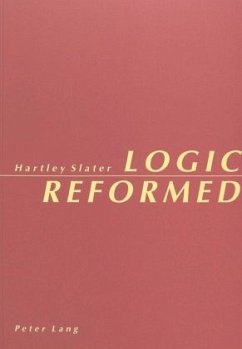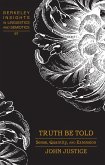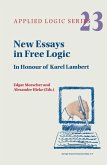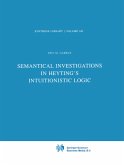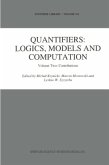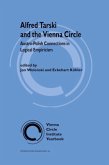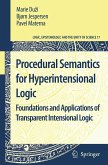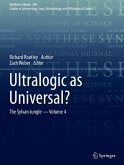Wittgenstein claimed that Mathematical Logic had completely deformed the thinking of mathematicians and philosophers, but the full realisation of this insight has yet to sink home. In this book it is first shown that some 20th century criticisms of classical logic are misguided; specifically those which take issue, in one way or another, with Reductio , or Indirect Proof . A considerable number of points are made, against both Intuitionistic Logic, and Paraconsistent Logic, on this score. The book then moves on to propose some needed adjustments to classical logic, by incorporating elements in natural language not standardly symbolised, such as second-order nominalisations, and mass terms. The final result is not only an improvement in our understanding of concepts and continua; also infinitesimals, fictions, cross-reference, and causation come to be better analysed. Throughout, a formal logic is used which is itself an advance on Frege-Russell logic, namely Hilbert's epsilon calculus. The present book provides a complete, and independent introduction both to its history, and to its many applications in philosophical logic.

